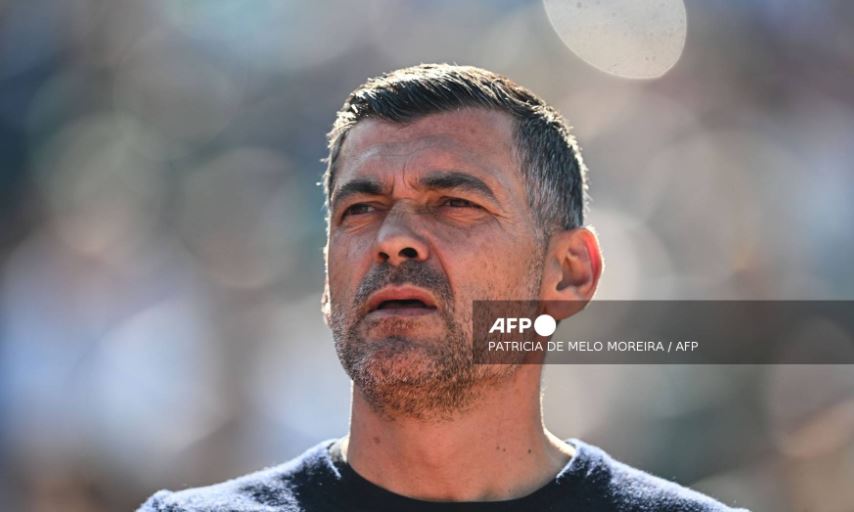AC Milan’s recent announcement regarding the termination of Sergio Conceicao’s coaching contract marks the end of a brief but eventful chapter in the club’s history. Conceicao, who arrived at the San Siro in December of the previous year, inherited a team struggling to find its footing and ultimately guided them to an eighth-place finish in Serie A, a position that mirrored their standing upon his arrival. The club issued a succinct statement expressing gratitude for Conceicao’s commitment, professionalism, and dedication during his tenure, while refraining from delving into the specific reasons behind the decision. This abrupt conclusion to Conceicao’s time at Milan underscores the demanding nature of top-flight football management, where even glimpses of progress can be insufficient to secure long-term stability.
Conceicao’s arrival at Milan was precipitated by the dismissal of his compatriot, Paulo Fonseca, leaving the Portuguese manager with the challenging task of revitalizing a squad seemingly adrift. His early tenure held promise, culminating in a triumphant Italian Super Cup victory, a feat that offered a glimmer of hope for a resurgence. This initial success was followed by a run to the Italian Cup final, where they narrowly lost to Bologna. While these achievements showcased Conceicao’s ability to galvanize the team, the underlying inconsistencies that plagued Milan’s season remained stubbornly persistent. The eighth-place finish in Serie A, identical to their position upon Conceicao’s arrival, ultimately sealed his fate.
The brevity of Conceicao’s reign at Milan reflects the precarious nature of managerial positions in modern football. His contract, initially extending until the end of the following season, was cut short, highlighting the intense pressure to deliver immediate results. Despite demonstrating flashes of tactical acumen and inspiring occasional moments of brilliance, Conceicao was unable to consistently extract the full potential from a talented Milan squad. This inconsistency, coupled with the failure to secure a higher league position, ultimately led to the decision to part ways.
The announcement of Conceicao’s departure immediately sparked speculation regarding his successor, with Italian media heavily linking Massimiliano Allegri with a return to the club. Allegri, a seasoned manager with a proven track record of success, previously led Milan to the Serie A title in 2011, a feat that cemented his place in the club’s history. His subsequent tenure at Juventus further solidified his reputation as a top-tier manager, accumulating five more Serie A titles. Allegri’s potential return to Milan represents a clear ambition to reclaim their former glory and re-establish themselves as a dominant force in Italian football.
Conceicao’s overall record at Milan paints a picture of a manager who struggled to find consistent winning form. Of the 31 games he oversaw, Conceicao secured 16 victories, alongside 7 losses and 3 draws in Serie A. This translates to a win percentage of approximately 52%, a figure that falls short of the expectations associated with a club of Milan’s stature. The inability to translate fleeting moments of promise into sustained periods of dominance ultimately proved to be Conceicao’s undoing. The final damning assessment of the season came from defender Matteo Gabbia, who bluntly labeled it a “bad season,” lamenting the team’s failure to perform to their potential despite possessing considerable talent.
The dismissal of Sergio Conceicao and the potential return of Massimiliano Allegri mark a pivotal moment in AC Milan’s ongoing quest to restore their former glory. While Conceicao’s tenure offered glimpses of hope, the ultimate failure to achieve tangible progress resulted in his premature departure. Allegri’s potential appointment signifies a clear intent to build upon past successes and usher in a new era of dominance. The challenge for Allegri, should he return, will be to harness the existing talent within the squad and instill a winning mentality that can propel Milan back to the pinnacle of Italian football. The club’s ambitions are clear, and the pressure to succeed will be immense. Only time will tell if this change in leadership will be the catalyst for a long-awaited resurgence.


